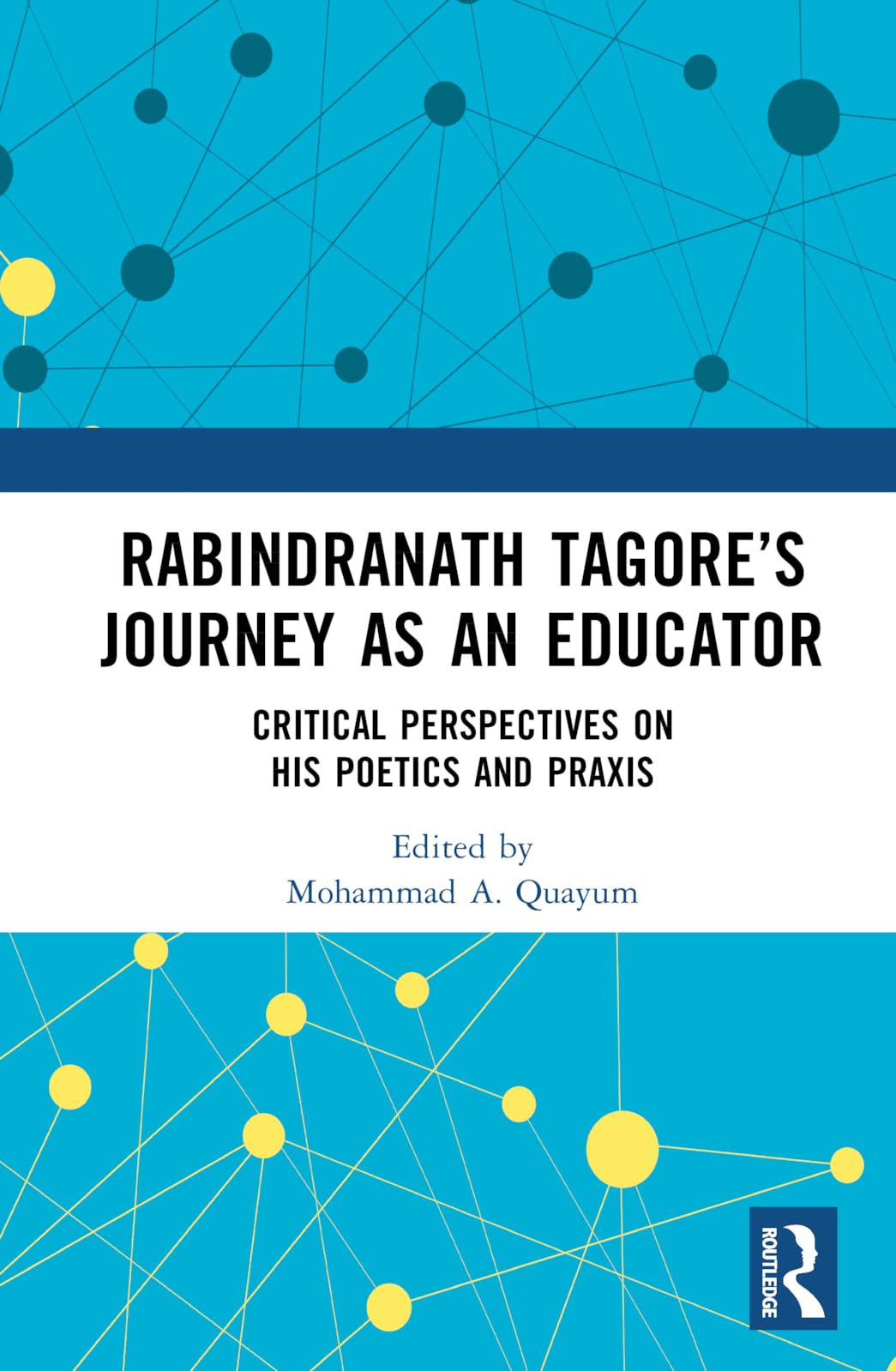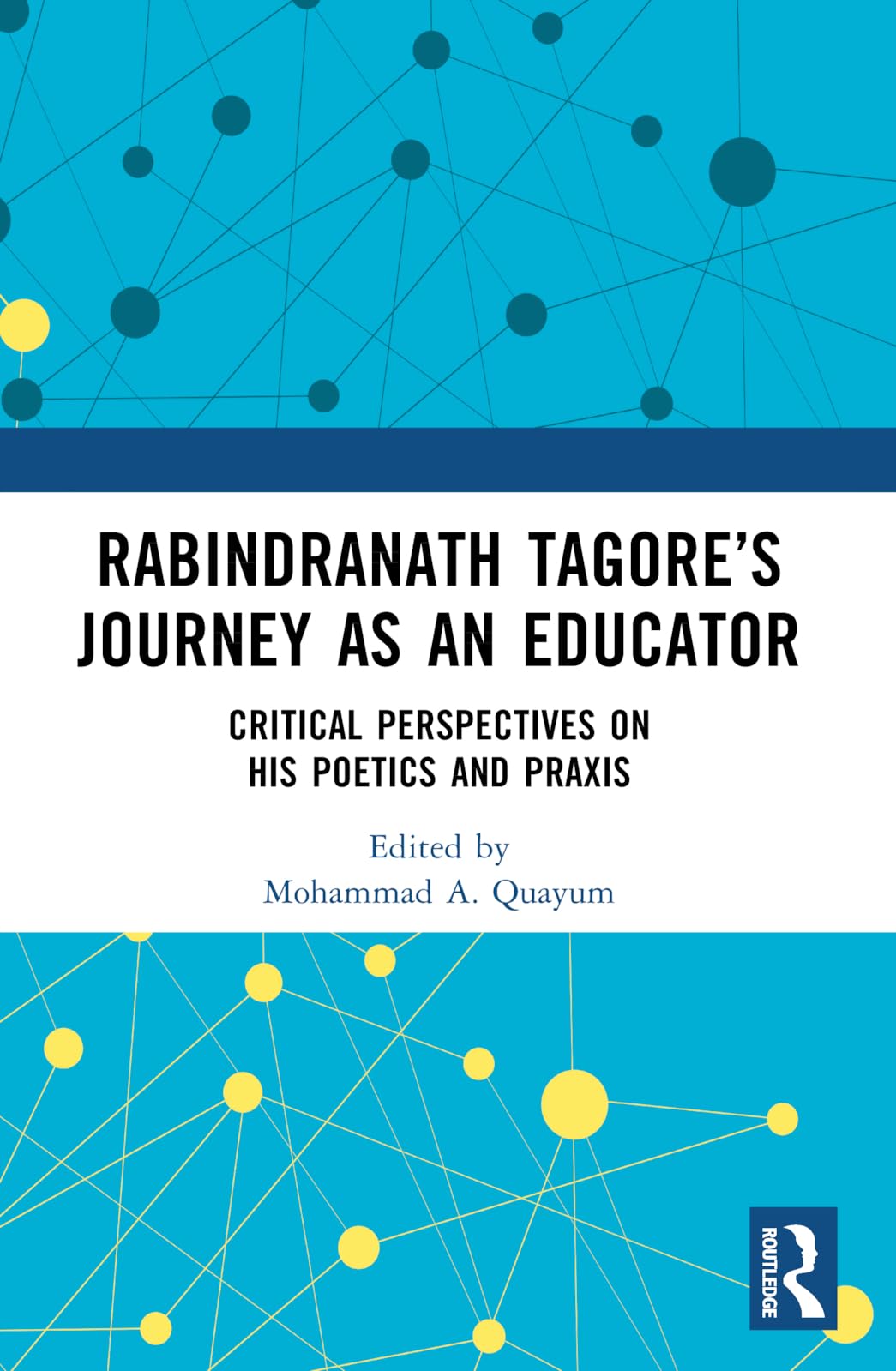This book looks at Rabindranath Tagore’s, experiments and journey as an educator and the influence of humanistic worldviews, nationalism and cosmopolitanism in his philosophy of education. It juxtaposes the educational systems and institutions set up by the British colonial administration with Tagore’s pedagogical vision and schools in Santiniketan, West Bengal–Brahmacharya Asram (1901), Visva-Bharati University (1921) and Sriniketan Institute of Village Reconstruction (1922). An educational pioneer and a poet-teacher, Tagore combined nature and culture, tradition and modernity, East and West, in formulating his educational methodology. The essays in this volume analyse the relevance of his theories and practice in encouraging greater cultural exchange and the dissolution of the walls between classrooms and communities. This book will be useful for scholars and researchers of education, Tagore studies, literature, cultural studies, sociology of education, South Asian studies and colonial and postcolonial studies.
Rabindranath Tagore’s Journey as an Educator
$132.05
This book explores the educational philosophy of Rabindranath Tagore, providing insights into alternative pedagogical models and cultural history.
Additional information
| Weight | 0.617 lbs |
|---|---|
| Dimensions | 15.6 × 2.3 × 23.4 in |
Rabindranath Tagore’s Journey as an Educator
$42.56
This book examines Rabindranath Tagore’s educational philosophy, providing insights for students of education, literature, and cultural studies.
This book looks at Rabindranath Tagore’s, experiments and journey as an educator and the influence of humanistic worldviews, nationalism and cosmopolitanism in his philosophy of education. It juxtaposes the educational systems and institutions set up by the British colonial administration with Tagore’s pedagogical vision and schools in Santiniketan, West Bengal–Brahmacharya Asram (1901), Visva-Bharati University (1921) and Sriniketan Institute of Village Reconstruction (1922). An educational pioneer and a poet-teacher, Tagore combined nature and culture, tradition and modernity, East and West, in formulating his educational methodology. The essays in this volume analyse the relevance of his theories and practice in encouraging greater cultural exchange and the dissolution of the walls between classrooms and communities. This book will be useful for scholars and researchers of education, Tagore studies, literature, cultural studies, sociology of education, South Asian studies and colonial and postcolonial studies.
Additional information
| Weight | 0.454 lbs |
|---|---|
| Dimensions | 15.6 × 1.8 × 23.4 in |
Reviews
There are no reviews yet.









Reviews
There are no reviews yet.